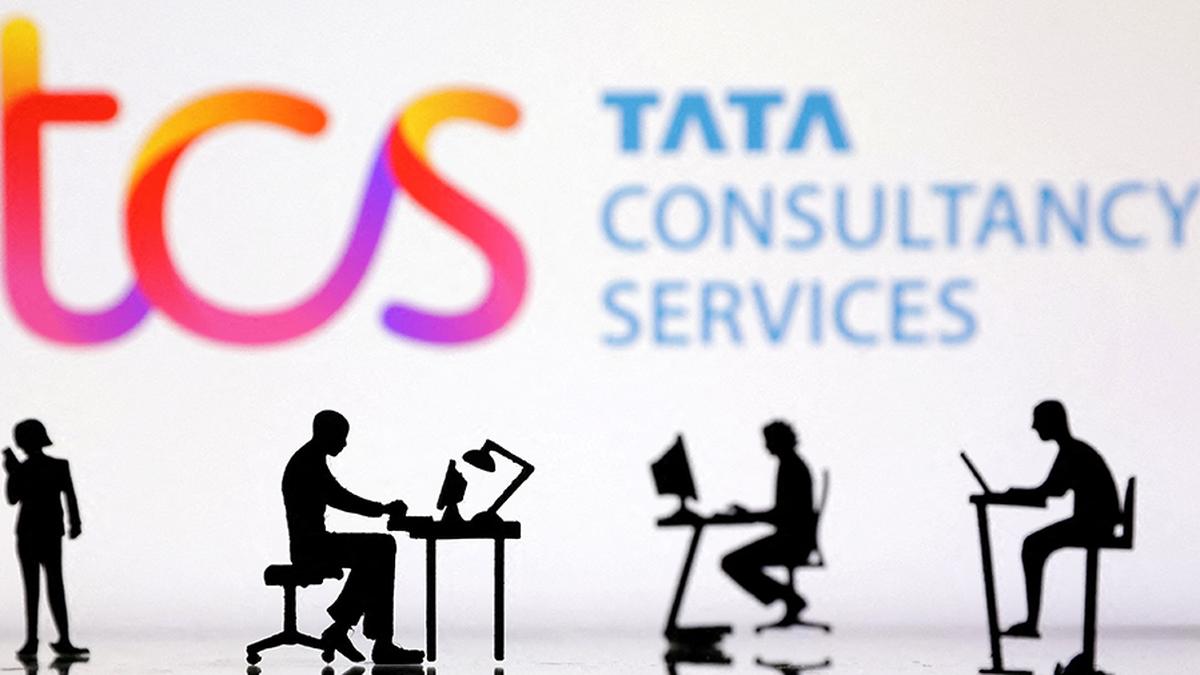After Tata Consultancy Services (TCS) issued an internal circulation announcing plans to cut around 12,000 of its global workforce, employees of the IT major have expressed rage and anguish over the move.
The announcement comes close on the heels of a controversial “bench policy” announced by the company in June, which could translate to job loss for employees on the bench.
The move has drawn strong reactions from several IT and ITeS unions.
Multiple blows in a month
Harpreet Singh Saluja, president at Nascent Information Technology Employees Senate (NITES), informed that the union has filed a formal complaint with the Ministry of Labour and Employment against the company and termed the layoff “illegal.”
“TCS has planned to terminate thousands of employees without giving them due notice or any prior intimation to the government, all of which are mandatory under existing Indian labour laws,” read the letter addressing Mansukh Mandaviya, Minister for Labour and Employment, Government of India.
This is the third submission by the union against the company in one month, the first being against the “bench policy” and the second highlighting an indefinite delay from the company in onboarding more than 600 lateral hires.
Allegations of forced resignations
Allegations have also surfaced that TCS has been forcing mid-management employees on the bench to resign and threatening them with drastic measures such as blacklisting and holding back payments if they refused.
“Employees on the bench” refers to staff who are not assigned to a client project for the time being, but would remain on the company’s payroll.
The newly implemented guidelines of TCS restrict the bench duration to 35 days a year. Employees and unions allege that this puts the onus on the workers to find projects.
A mid-level employee at the company who wished to remain anonymous alleged that several hundred employees, primarily those on the bench, have been forced to resign from the Bengaluru office of the company in the last two weeks.
“People are promised a few months’ pay if they are willing to resign. If they refuse, they are threatened with termination without any compensation. People are being scared into resignation by saying that the company will blacklist them and will not provide them with a relieving letter,” the employee said
Employees anxious
According to the employee, the company has also started instructing managers to furnish information about a fixed number of ‘non-critical’ staff from each project.
“So far, the impression was that only those on the bench were in danger. With yesterday’s circular, those working on projects have also become anxious,” said the employee.
Mr. Saluja noted that affected employees from the company’s offices in Bengaluru, Kolkata, and Hyderabad have also approached the union. “If the company terminates them on the basis of the bench policy, it can be challenged in court. But if it is shown that the employees resigned on their own accord, there are no chances for people to fight back,” he said.
Saubhik Bhattacharya of All India IT & ITeS Employees’ Union (AIITEU) alleged that forcing employees to resign would also help the company save severance packages.
Helpdesk set up
With concerns about massive retrenchments, unions including The Karnataka State IT/ITeS Employees Union (KITU), AIITEU and NITES have setup helpdesk numbers for employees under duress.
“As per the Industrial Disputes Act, it is a punishable offence for an employer to compel an employee to resign. Every employee has the legal right to refuse to sign a forced resignation,” said KITU which demanded immediate government intervention.
“As per labour laws, any company employing more than 100 workers must obtain prior permission from the government before carrying out any retrenchment,” said the Union.
TCS has not responded to The Hindu’s request for a comment.
Published – July 28, 2025 08:46 pm IST























